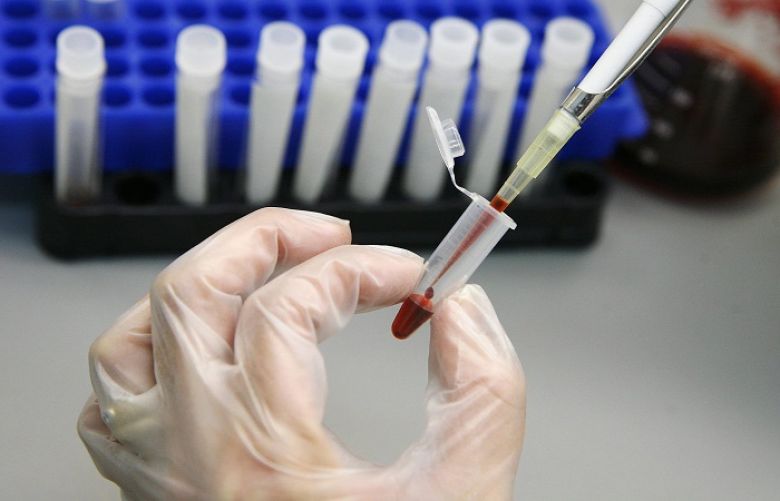The governor of Indiana has declared a public health emergency after an HIV outbreak "reached epidemic proportions" in part of the state.
Scott County, a poor area where needle-sharing by drug users is common, has seen 79 new cases in recent weeks - up from an annual average of five.
Governor Mike Pence has authorised health officials to implement a needle exchange program a remedy he has opposed in the past. HIV is the virus that causes Aids. "Scott County is facing an epidemic of HIV, but this is not a Scott County problem; this is an Indiana problem," the governor said.
"With additional state resources and new tools provided by this emergency declaration, I am confident that together we will stop this HIV outbreak in its tracks."
The outbreak was first identified in late January. Since then, officials have diagnosed 79 people with the life-threatening virus - up from 26 cases just one month ago.
State officials said the governor's emergency declaration provides additional resources for officials to coordinate a response to the "outbreak of HIV that has reached epidemic proportions".
State epidemiologist Pam Pontones said almost all of the cases originated from illegal drug users sharing syringes.
A large majority of the victims had shared a needle with an infected person while injecting Opana, a prescription painkiller. Officials expect the number of infections to rise, and are working to contact as many as 100 other people linked to those with confirmed cases.
The order will authorise local health officials to create a temporary needle exchange program under the supervision of the state health agency. Mr Pence, a Republican, has opposed such programs in the past on the grounds that they are not effective in controlling drug use.
Ed Clere, a member of the state's legislature and another Republican, said similar legislation was proposed last year but it became stalled in the state's Senate. "Unfortunately we're back here, not just with needle exchange as a hypothetical theory, but with a real situation where a needle exchange could make a difference," he said.

